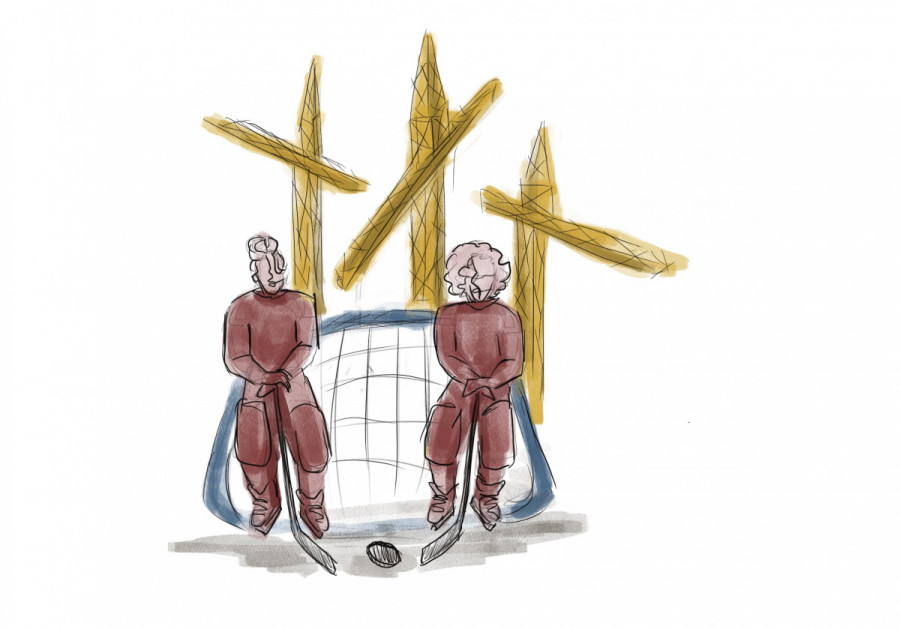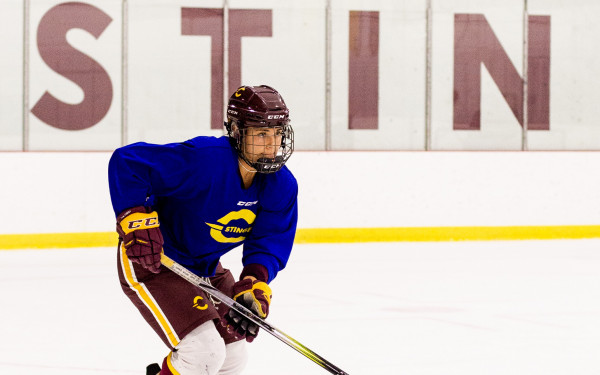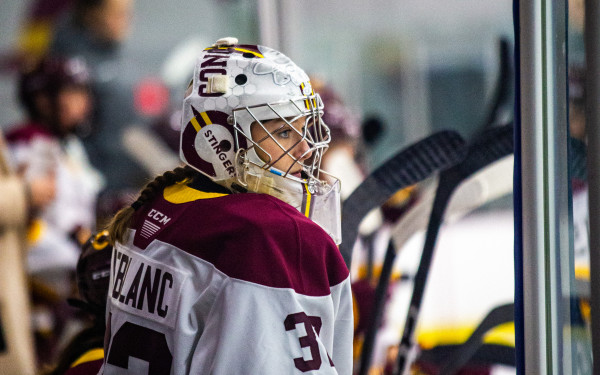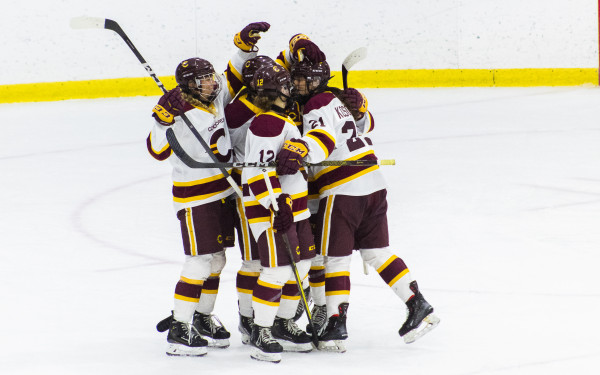RSEQ Committed to Rebuild Women’s Hockey
Carleton, Ottawa Departures Make Way for Expansion
On Feb. 17, the Carleton Ravens and Ottawa Gee-Gees announced their women’s hockey programs will join the Ontario University Athletics regional membership association for the 2024-25 season. The conference will house a total of 14 teams.
On Feb. 17, the Carleton Ravens and Ottawa Gee-Gees announced their women’s hockey programs will join the Ontario University Athletics regional membership association for the 2024-25 season. The conference will house a total of 14 teams.
The universities reigning from Canada’s capital intend to leave the Réseau du sport étudiant du Québec to “rekindle rivalries with OUA East stalwarts like Toronto, Queen’s and Toronto Metropolitan,” the Gee-Gees’ statement read. Roger Archambault, associate athletic director at the University of Ottawa, later confirmed that the ability to compete with over a dozen teams was the “cornerstone piece” of the decision.
The move impacts the future involvement of the RSEQ in women’s hockey, whose conference will dwindle to only four teams, including Bishop’s, Concordia, McGill and Université de Montréal.
“It’s disappointing, but it’s beyond our control,” said D’Arcy Ryan, director of recreation and athletics at Concordia University. “It’s unfortunate for what was looking like a great pathway for women’s hockey in Quebec. This will bring increasing pressure on the remaining RSEQ schools to step up and start women’s hockey programs.”
“It’s a reflection that we’re having right now,” said RSEQ Assistant General Director Stéphane Boudreau, who explained that the objective is to preserve its province’s university athletic programs. “The fact that Carleton and Ottawa are leaving women’s hockey has opened the discussion for every discipline.”
The concern for the RSEQ is that their women’s hockey teams will follow the example of their male counterparts, like Concordia, McGill and Trois-Rivières, who parted with the governing body in 1987 to join a now competitive 19-team OUA conference.
“I’m a positive guy,” Boudreau said of the possibility. “It’s a clear message that we have to put the effort in making our conference stronger. We no longer have to depend on outside universities,” alluding to schools in other provinces, “to strengthen our conference.”
Boudreau is optimistic that universities in Quebec will step forward in the coming 17 months to join the RSEQ women’s hockey conference. Though, he explained that it’s all a question of whether the athletic departments have the appropriate infrastructure and funds to invest in a varsity team.
“It’s like when you’re rebuilding a hockey team,” Boudreau said of the lengthy process to expand the respective RSEQ conference. “It will be the same thing for the women’s hockey.”






